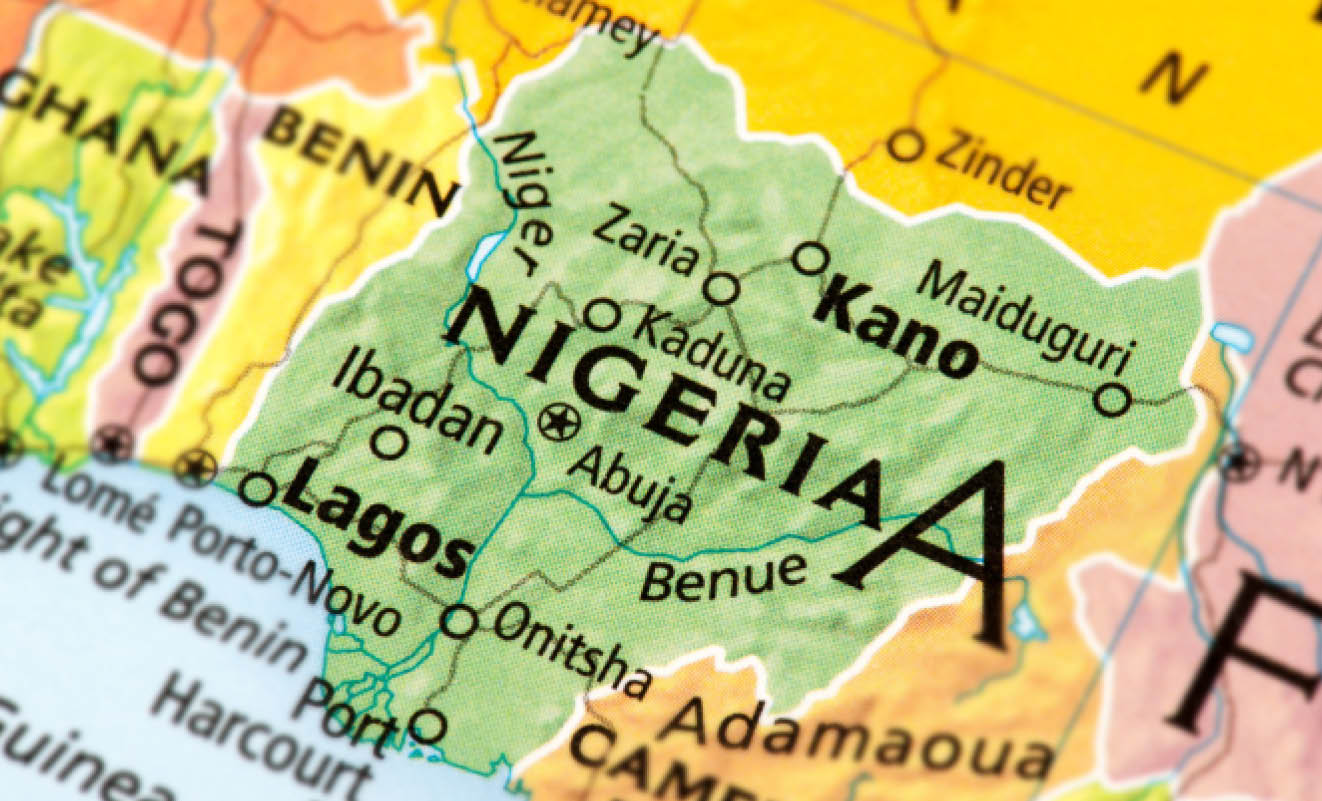Nigeria’s worsening economic fragility will breed more discontent among the populace in the years ahead, as there is hardly any magic wand on the horizon for its immediate mitigation. More Nigerians will experience exclusion from the mainstream economy, whether in the form of increased incidence of poverty, or unemployment, or hunger, as the fortunes of many citizens will shrink and get to its bottom. The impacts of many years of mismanagement may not disappear with a wave of the hand. It is not likely going to happen.
The fragility of the economy has meant that it should be handled with the utmost care, but that is what it has lacked in recent years. The result is where we are now, a more fragile economy.
So, it is no longer news, unfortunately, to say that Nigeria’s economy is in fragile shape. What is perhaps worrisome is that this fragility has been allowed to fester by those entrusted with its management. That is why, according to the verdict of the World Bank, the economy ended last year, 2022, more fragile than it was in the year before.
“Nigeria is in a more fragile position than before the late 2021 global oil price boom. Growth and poverty reduction have further been affected by cash scarcity in the context of the Naira redesign. The economy is projected to grow by an average of 2.9 per cent per year between 2023 and 2025, only slightly above the population growth rate of 2.4 per cent. Growth will be driven by services, trade, and manufacturing. Oil production is projected to remain subdued in part because of inefficiencies and insecurity.
The bank made this assertion, which almost every Nigerian already knows to be the case, in its April 2023 edition of its Macro Poverty Outlook for Nigeria just released.
One of the key disclosures in that report is the fact that Africa’s most populous nation spent 96.3 per cent of its revenue last year to service debts! There can hardly be a more dangerous sign of economic fragility than a nation spending almost its entire revenue to account to service debt!
Our debt crisis has perhaps gotten to its worst because a nation that spends virtually all its revenue to service debt is obviously bound for deep trouble.
As a scorecard, this summary of the state of the economy is an indictment on the managers of those who have had the responsibility of economic policy making. Sure, there have been global challenges, but our deepening immiseration seems to a large extent to be self-inflicted.
The government set a goal to lift a hundred million Nigerian out of abject poverty, but its policies have been diametrically opposed to this target.
Instead of more people being lifted out of poverty, the World Bank estimates that between 2019 and 2025, an estimated 13 million Nigerians are expected to slide into poverty. It blamed this in part on the naira redesign policy. According to the bank, this singular policy of the CBN hampered the growth and poverty reduction efforts of the government.
Previously, the bank had given various figures of Nigerians who have been rail-rolled into the poverty region by rising inflation, the COVID-19 pandemic, etc. In 2021, for instance, it said that as many as seven million Nigerians may have been pushed into poverty by rising prices, explaining that figure excluded those who were pushed into poverty by the direct impact of COVID.
Economies do not become fragile or go bad on their own. The descent into deeper fragility is, to a very large extent, a measure of policy failure. Even now, we are simply not sure that we have seen the end of the decline in economic viability. Economies become fragile when the impacts of forces acting upon them overwhelm the capacity of those entrusted with the responsibility to handle such economies.
Fragility could arise, for instance, when policymakers, rather than improving on existing macroeconomic variables, actually worsen such variables through incompetence or policy mix-up. Nigerians are still confronted by the forces of multiple forex rates, high and rising inflation (it rose to 22.04 per cent in March), fiscal pressures, as well as falling foreign exchange.
Those who have domiciliary accounts today are told by bank officials that they cannot do as much as they want. Forex reserves have considerably weakened the macroeconomic stability. If the CBN continues its tightening posture, then it could further raise interest rates at its MPC meetings next month. That would add to the cost pressure already being felt by consumers and producers alike.
A data dashboard by the World Bank shows Nigeria’s descent from the glorious days of the annual GDP growth rate of 8% in 2010, 5.3%, 4.2%, 6.7%, and 6.3% in 2011, 2012, 2013, and 2014, respectively. These contrast with the figures for recent years: -1.6% in 2016, 0.8% in 2017, 1.9% in 2018, and 2.2% in 2019. If the economy is not growing well, where will the jobs come from? Where will incomes come from, so that the poor can walk out of poverty? If there are no jobs, no amount of free money distributed to the poor in Nigeria can lift them out of poverty.
The unsustainably high debt service reported by the World Bank didn’t just happen. At each when it began to inch its way up, concerned Nigerians, who know the implications of such an economic indicator, raised their voices, but the government paid little or no heed. The implications are grievous: further dependence on borrowing, even for consumption, as it were (payment of salaries and other recurrent expenditures). This included the payment for the controversial petrol subsidy, which the government has borrowed to sustain. It is such policies that have led the economy to this state of macro-instability.
One policy measure that injected instability into Nigeria’s economy is certainly the CBN’s naira redesign policy or programme, already mentioned above. The policy has been discontinued, but its negative impact on the economy still reverberates and will continue to do so.
Even the World Bank did not fail to acknowledge this reality, admitting that that singular policy reduced the impetus of the economy to move in the right direction. No matter what explanations are proffered by Governor Godwin Emefiele and his team, they are not likely to succeed in convincing Nigerians of the reasonableness of that measure.
As the nation awaits the transition to a new administration, the reality is that there first has to be a stabilization programme to get this economy on its feet. What we have on our hands now is an economy that, like a dehydrated child, cannot stand on its own, let alone perform any function.

 Join Daily Trust WhatsApp Community For Quick Access To News and Happenings Around You.
Join Daily Trust WhatsApp Community For Quick Access To News and Happenings Around You.


